

Max Davies
How Audi, BMW, Honda, Mercedes-Benz, and Suzuki started out in Australia, and where they are now
14 Hours Ago
The idea of a road tax has been thrust into the spotlight in recent weeks on the back of talk about taxing electric vehicles in South Australia and Victoria.

Founder
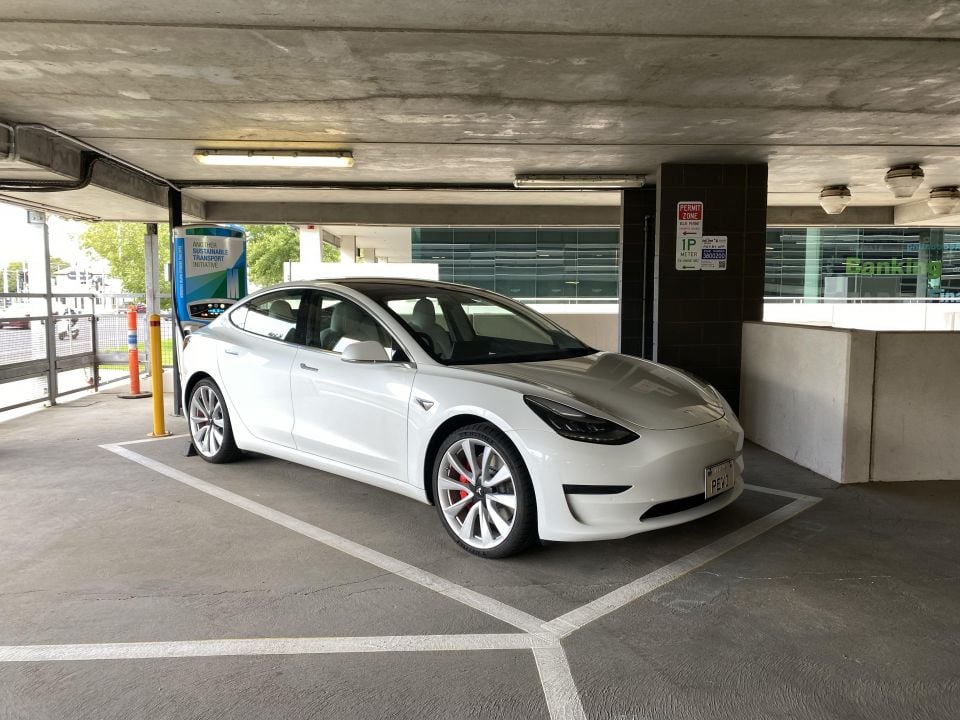

Founder
As the Victorian and South Australian governments have announced per-kilometre taxes for electric vehicles in the past few weeks, there’s been a lot of noise made by politicians, carmakers, and lobbyists about how unfair the situation is.
I’m the first to reject any additional taxes because… nobody wants to pay more tax. I strongly believe the Luxury Car Tax (LCT) needs to go, for example, but there needs to be an equitable road funding system in place as electric vehicle adoption accelerates.
It needs to be a system where all drivers pay for what they use, which means electric vehicle drivers need to pay their fair share.
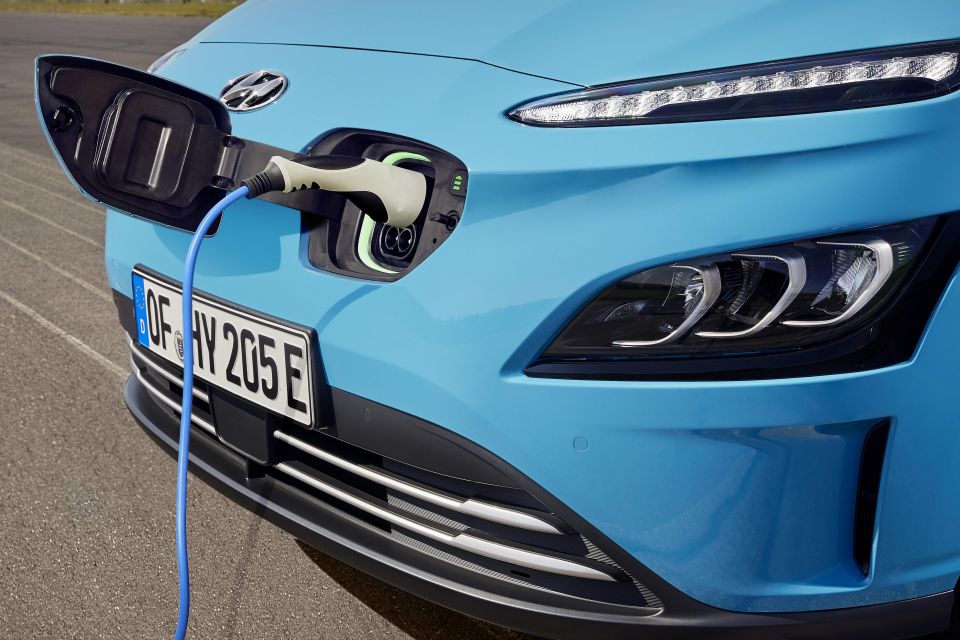
Where the LCT was built to protect the local car industry and makes no sense in 2020, an equitable road use tax for all vehicles, electric or otherwise, does.
Last year I bought two new cars: one is electric, and the other is an internal-combustion car.
Every time I charge my Tesla at home I pay around $5 for electricity. I can drive around 400km, and none of that driving contributes any taxes to support road infrastructure, schools, hospitals, or any of the other assets we as taxpayers own and rely on.
Each time I drive my internal-combustion car, 42.3 cents per litre of fuel goes to the the government through the fuel excise and a further 1/11th of the total price paid goes to the state government as GST.
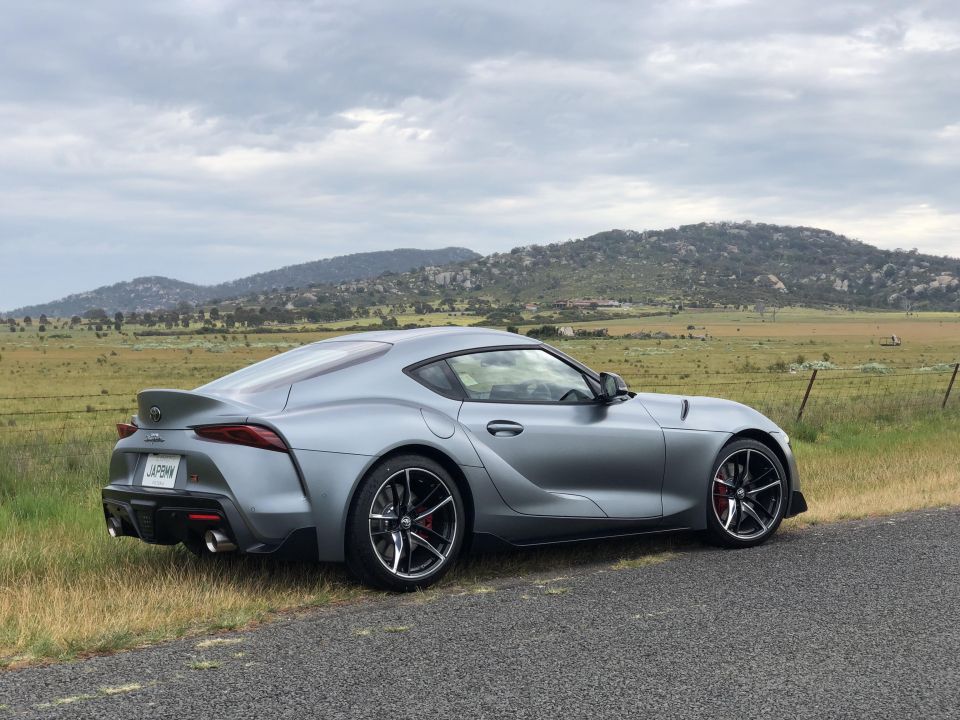
If I pay $1.50 per litre for petrol in my Toyota, around 13.6 cents of that price goes to the state government and 42.3 cents goes to the federal government.
Based on an average driving distance of 15,000km per year at an average of 8.0L/100km, with an average fuel cost of $1.50/litre, that’s around $671 per year collectively to the state and federal governments.
The proposed tax by the Victorian Government would see EV owners pay 2.5c per kilometre (and plug-in hybrid drivers pay 2.0c/km) which in my case would see me pay $375 per year, or around half what I currently pay to the government for travelling 15,000km in my petrol car.
To run an internal-combustion vehicle and pay less than $375 in fuel excise and GST each year, it would need to average less than around 4.46L/100km when travelling 15,000km per year, and paying on average $1.50 per litre for fuel (well, I think that’s right).
As electric vehicles become more popular you can see how the fuel excise becomes an issue for government bean counters.
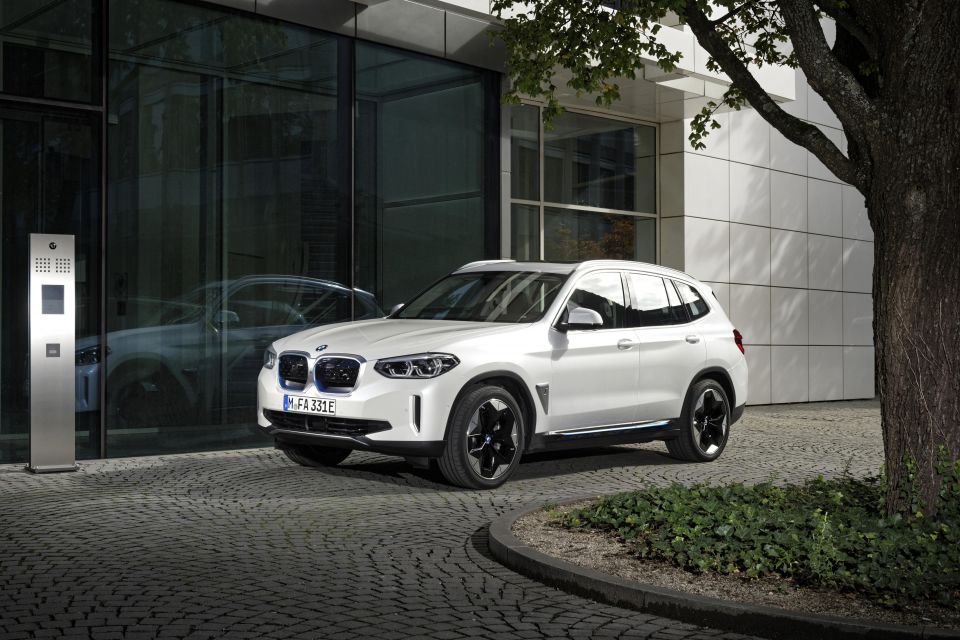
According to the Public Transport Users Association (PTAU), reporting from the Bureau of Infrastructure, Transport and Regional Development shows public sector road-related revenue totalled $44.8 billion in 2017.
Fuel excise formed 26 per cent of the total at $11.6 billion, which was down from around 44 per cent in the early 2000s.
The reason this proportional value has declined since the early 2000s is because cars have generally become more efficient. As time progresses and manufacturers move to hybridised or electric vehicles, that value will evaporate even further.
The problem lobbyists refuse to take into consideration is the increasing deficit in road, community, and infrastructure spending thanks to a reduction in fuel excise takings and an increase in the efficiency of the road fleet.
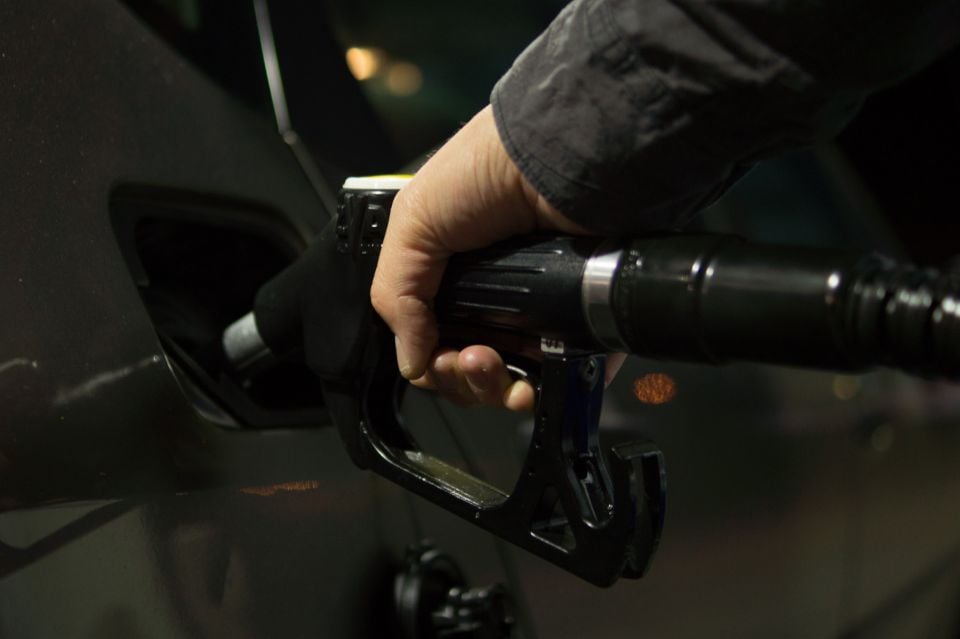
According to the Public Transport Users Association, the annual cost of motor vehicle use in Australia totals just over $68.5 billion.
That includes road construction and maintenance, road trauma and damage, tax concessions, pollution, noise, urban air pollution and climate change. And, it’s worth keeping in mind at this point that EVs would significantly reduce noise and pollution in cities, which currently accounts for around 10 per cent of the annual cost of motor vehicle use in Australia.
But the Federal Government only collects around $44.8 billion in annual revenue from motorists (of which around $11.6 billion is in the form of fuel excise), leaving a $23.8 billion deficit covered from other sources.
As a side note, it’s also important to realise that excluding private sector projects, the Bureau of Infrastructure, Transport and Regional Economics Infrastructure Statistics Yearbook 2017 shows around 60 per cent of funding for roads comes from state governments, while the remainder is split almost equally between the Federal Government and local governments.
As electric vehicles become more popular, that roads deficit will continue to grow and the pool of money available for maintaining roads and supporting communities will shrink.
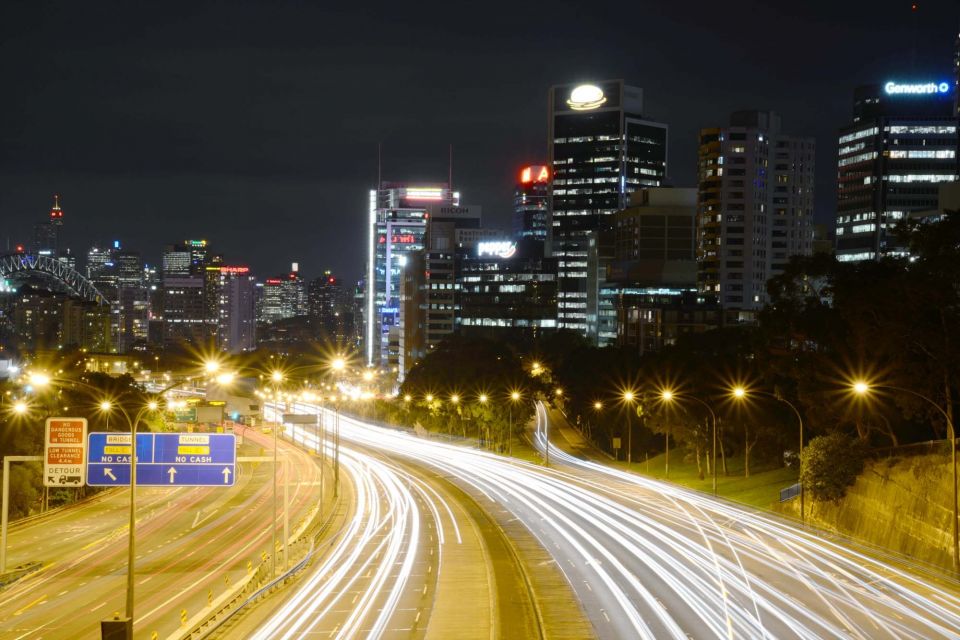
Instead of road users then paying for roads and infrastructure, that revenue will increasingly need to come from other sources – such as people who don’t own cars, public transport users, and anybody else who pays tax.
Like I said, I’m against new taxes, but a significant change is required to make our roads work and prevent us pulling money from other important areas. Instead of a fuel excise, the government should be switching to a national model where road users pay per kilometre.
A distance-based charge ensures those users who rely on the road network for their day-to-day lives pay their fair share, while people who don’t spend much time driving also pay their fair share.
Most importantly though, there would be an equitable system in place for the users that don’t currently pay anything for each kilometre they drive: electric vehicle owners.

The current argument from lobbyists is that electric vehicle buyers pay their share of tax when they purchase a car. But that tax is only paid once, so there’s never an additional based on their vehicle usage.
That same upfront tax is also paid by buyers of internal-combustion cars as, making it no more onerous for an electric vehicle buyers in comparison.
It feels like part of the reason most governments in Australia (with the exception of the ACT, which is leading the charge) won’t incentivise the purchase of fuel-efficient cars or electric vehicles is because of the major tax deficit listed above.
I believe the declining fuel excise issue needs to be sorted before either the Federal or state governments can look to incentivise a more fuel efficient fleet of vehicles on Australian roads.
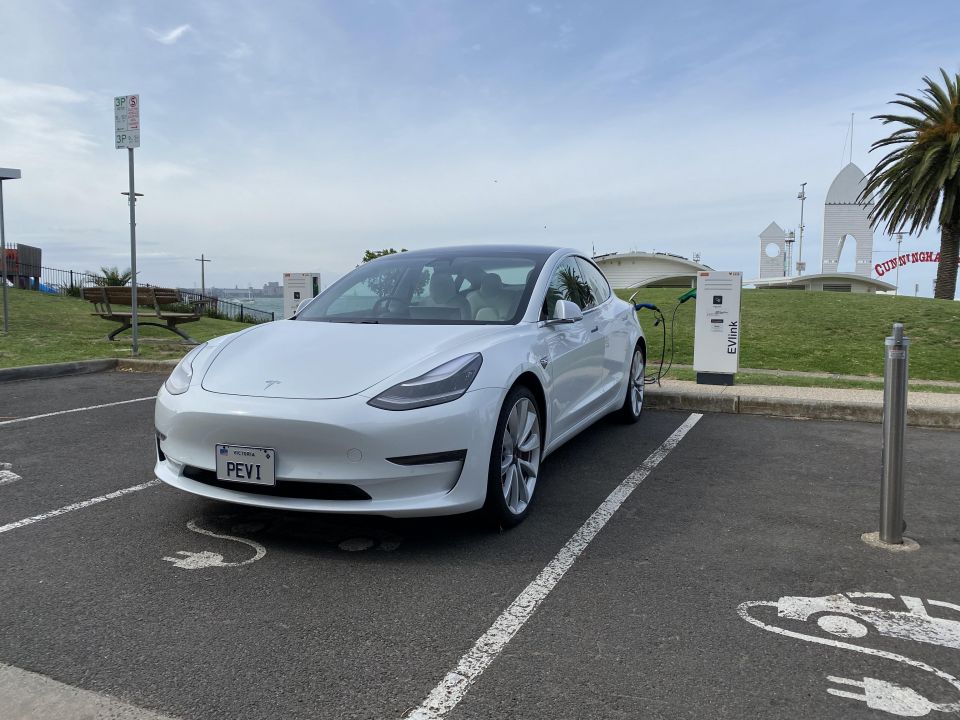
The cost of most electric vehicles is still out of reach for average Australian families, but there are plenty of efficient hybrid or plug-in hybrid options available across a number of vehicle segments that could be incentivised.
Instead of each state going it alone, it’s time to create a national system where you pay for the amount of travel you do, regardless of what powers your car.
This will not only help control the growing road funding deficit, it will also pave the way to create incentives for people to purchase more efficient cars. It’s a win for everybody.
As with all opinions, you probably have your own. Let us know your thoughts in the comments section below.
Paul Maric is a CarExpert co-founder and YouTube host, combining engineering expertise with two decades in automotive journalism.


Max Davies
14 Hours Ago
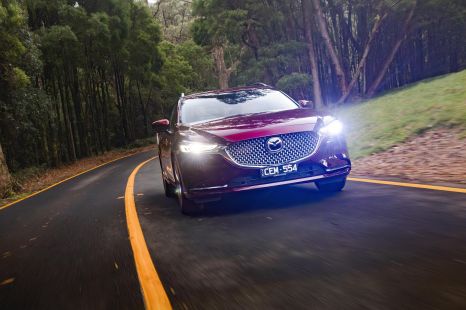

William Stopford
14 Hours Ago
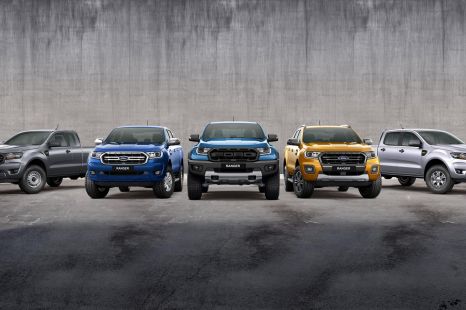

Derek Fung
14 Hours Ago
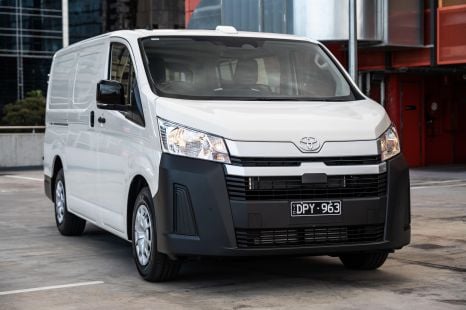

Max Davies
22 Hours Ago
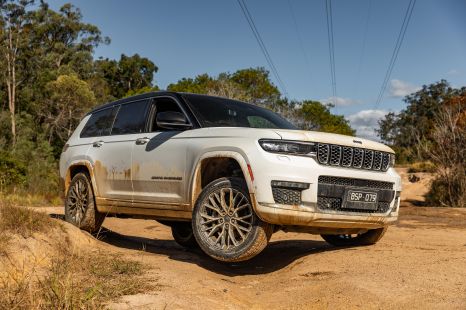

William Stopford
2 Days Ago
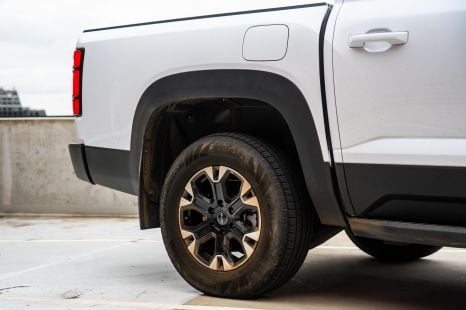

Ben Zachariah
2 Days Ago